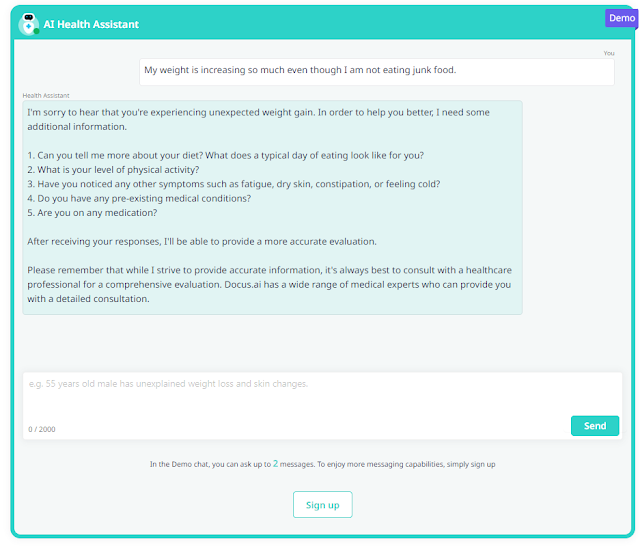IBM to Replace Thousands of Human Workers with AI: Implications for the Future of Work
IBM, one of the world's leading technology companies, has announced that it will stop hiring humans for thousands of roles that it believes artificial intelligence (AI) can handle better and faster. This is one of the most serious and tangible threats AI has posed to the workforce so far.
According to IBM CEO Arvind Krishna, who spoke to Bloomberg News on Monday, the company expects to pause hiring for about 7,800 jobs in the coming years, mostly in back-office functions such as human resources, accounting, and administration. These are roles that do not involve direct interaction with customers or clients, and that can be automated by AI programs and tools.
Krishna said that 30% of non-customer-facing roles could be replaced by AI and automation in five years. He added that the company will focus on hiring people with skills in cloud computing, data analytics, cybersecurity, and other areas where AI can augment human capabilities.
IBM is not the only company that is using AI to streamline its operations and reduce costs. Many other businesses across various sectors are adopting AI solutions to automate tasks, improve efficiency, and enhance customer experience. Recently Dropbox also cut 500 jobs to embrace AI-powered future. However, IBM's decision to halt hiring for jobs that AI can do raises questions about the future of work and the impact of AI on human workers.
Some experts argue that AI will create more jobs than it destroys, by enabling new products, services, and industries. They also claim that AI will free humans from mundane and repetitive tasks, and allow them to focus on more creative and meaningful work. Others warn that AI will displace millions of workers, especially those with low skills and education levels, and create a huge gap between the haves and have-nots.
The debate over the effects of AI on employment is likely to intensify as technology advances and becomes more widespread. The challenge for governments, businesses, and workers is to find ways to adapt to the changing landscape of work, and to ensure that everyone can benefit from the opportunities and challenges that AI brings.












No comments: